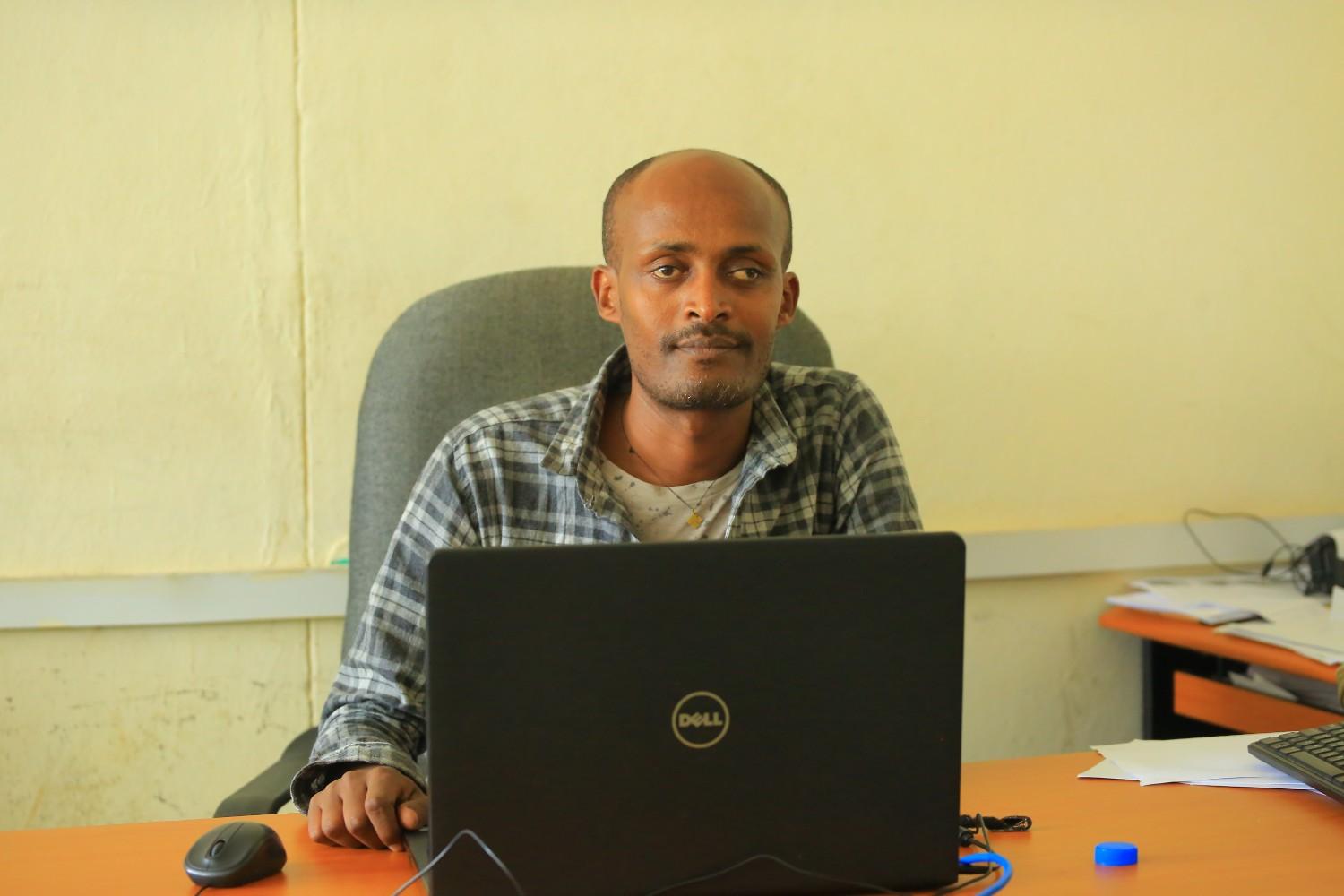
Department Head of Garment Engineering
Mr. Gebeyaw Mossie
Contact Information:
Phone: +251920245909
Email:
I. Objectives/Goals
The Head of the Department of Garment Engineering is responsible for leading the department toward the following core goals:
- Deliver Competency-Based Engineering Education: Provide a robust academic and practical program in garment engineering that equips students with the technical, analytical, and managerial skills needed in the textile and apparel industries.
- Bridge Engineering with Fashion and Manufacturing: Integrate principles of mechanical, industrial, and materials engineering with garment design, production, and quality control to meet modern industry needs.
- Promote Innovation and Technology Adoption: Encourage the use of advanced technologies such as CAD/CAM, automated cutting/sewing, and sustainable production systems within the curriculum and research.
- Produce Industry-Ready, Ethical Graduates: Prepare engineers who are not only skilled in garment production and process optimization but also uphold professional ethics and sustainability values.
- Strengthen Research and Development: Foster research in areas such as textile engineering, ergonomic design, lean manufacturing, and environmentally friendly garment production.
- Support Staff Development and Academic Excellence: Build a strong, competent academic team through training, collaboration, and support for postgraduate education and professional development.
- Build Strong Industry and Community Linkages: Collaborate with garment factories, textile mills, research institutions, and local enterprises to facilitate internships, research, and consultancy.
II. Duties and Responsibilities
A. Academic Leadership
- Lead curriculum development, regular review, and implementation for undergraduate (and postgraduate if applicable) programs in Garment Engineering.
- Ensure course offerings cover critical areas including fabric science, garment production systems, machine technology, quality assurance, and industrial engineering.
B. Administrative Management
- Develop and manage departmental plans, budgets, procurement requests, and reports aligned with the university’s strategic goals.
- Assign teaching, advising, and administrative duties to staff effectively and fairly.
- Maintain accurate academic records and monitor program performance indicators.
C. Staff Development and Supervision
- Supervise and mentor academic and technical staff to ensure high-quality teaching, lab management, and student support.
- Conduct regular staff evaluations and support participation in training, conferences, and research activities.
D. Research and Innovation Promotion
- Encourage staff and students to undertake applied research in apparel manufacturing, sustainable textiles, process engineering, and automation.
- Facilitate publication, exhibition, and patenting of innovative designs and processes.
E. Student Support and Practical Training
- Oversee student advising, final year project supervision, industrial attachment coordination, and skills development.
- Promote student participation in garment exhibitions, entrepreneurship programs, competitions, and innovation hubs.
F. Industry Collaboration and Community Engagement
- Strengthen partnerships with garment manufacturers, textile industries, training centers, and cooperatives.
- Facilitate real-world exposure for students through factory visits, industry-led workshops, and collaborative projects.
- Lead outreach initiatives to support local SMEs, women’s cooperatives, and rural garment production initiatives.
G. Quality Assurance and Compliance
- Implement internal quality assurance processes in line with university standards and national accreditation bodies like HERQA.
- Collect and act on feedback from students, alumni, employers, and industry partners to improve program relevance and delivery.
H. Strategic Leadership and Institutional Participation
- Represent the department in university councils, college boards, and academic commissions.
- Align departmental planning with Wolkite University's mission of excellence in science, technology, and community service.
- Foster a culture of teamwork, professionalism, and innovation within the department.
